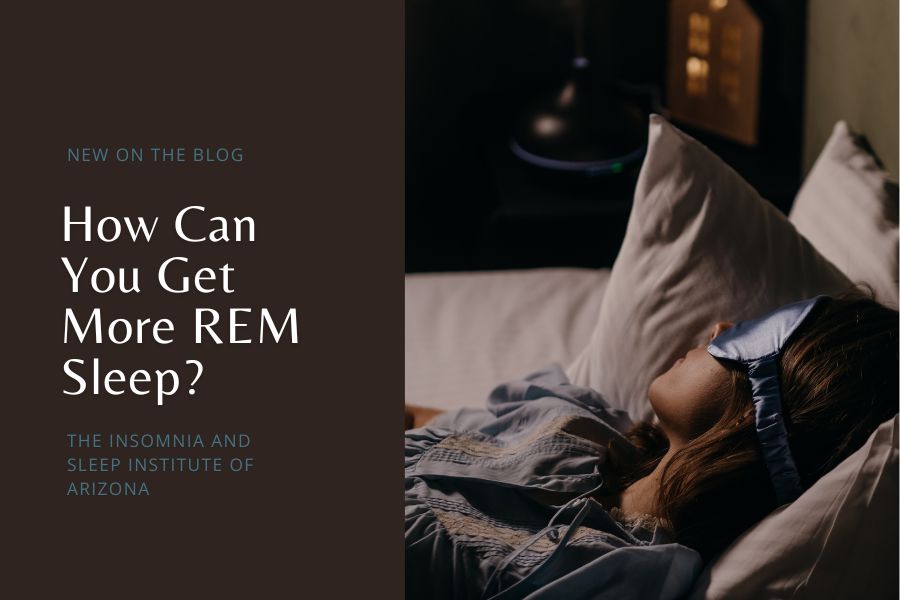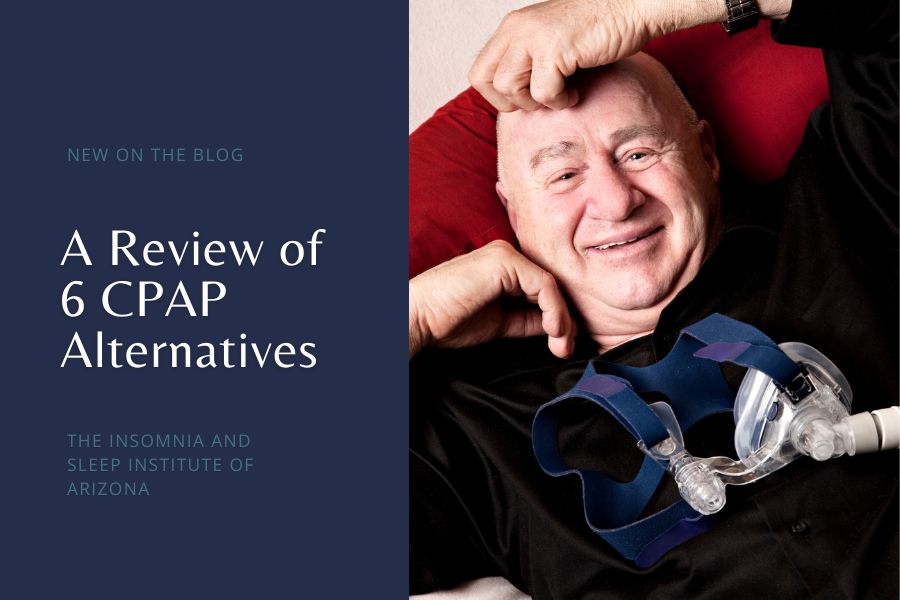You’ve heard it before: “Sleep is the best meditation.” But what if skipping those extra hours in your 40s does more than leave you groggy? Poor sleep could actually accelerate your brain’s aging process.
In midlife, sleep becomes even more important. It helps to repair. Every sleepless night chips away at your brain’s ability to clear toxins, process emotions, and maintain sharpness. If you’ve been brushing off bad sleep habits, this might be the wake-up call you need.
What Happens to Your Brain When You Don’t Get Enough Sleep?
When you don’t get enough of sleep, the effects on your brain can be significant and far-reaching. Here’s what happens:
- Cognitive Decline: Sleep deprivation weakens the brain’s ability to process and store information. Memory formation takes a hit as the hippocampus struggles to function properly. Forgetfulness and trouble learning new skills often follow, leaving lasting impacts.
- Slowed Neural Communication: During sleep, neurons repair and strengthen connections. Without adequate rest, these processes slow down, reducing reaction times and decision-making abilities.
- Increased Amyloid Beta Levels: Chronic sleep deprivation triggers a buildup of amyloid beta, a protein tied to Alzheimer’s disease. Even a single night of poor sleep can spike amyloid beta levels in the brain.
- Heightened Emotional Reactivity: Amygdala activity spikes when you don’t get enough sleep, throwing your emotions off balance. Negative feelings hit harder, making managing stress or staying calm tougher. This increases the risk of mood disorders like anxiety and depression.
- Weakened Prefrontal Cortex Function: Lack of sleep weakens the prefrontal cortex, the brain’s center for reasoning and self-control. Impulses become harder to manage. Rash decisions are more likely.
The Physical Toll on the Brain
Sleep is when the brain clears out toxins through the glymphatic system. This “cleanup crew” doesn’t operate efficiently without quality sleep. Over time, these toxins accumulate, increasing the risk of neurodegenerative diseases. Additionally, chronic sleep deprivation can shrink gray matter. Particularly in regions associated with memory and executive functions.
Data to Support the Impact
- The CDC reports that adults need at least 7 hours of sleep per night. Yet 35% of adults in the U.S. sleep less than this.
- Research published found that those who consistently slept fewer than 6 hours a night had a 30% higher risk of developing dementia.
- Sleep deprivation costs the U.S. economy $411 billion annually due to reduced productivity and health impacts.
What Did the Study Say About Sleep and Brain Aging?
A study published in Neurology examines how sleep characteristics in early midlife impact brain aging later in life. Findings are compelling, linking poor sleep quality and related issues to accelerated brain aging. This study, based on the CARDIA (Coronary Artery Risk Development in Young Adults) dataset, provides new understanding of the long-term effects of sleep on brain health.
How Was the Study Conducted?
The researchers used data from 589 participants. All were around 40 years old at the start. Key elements of the study included:
- Self-Reported Sleep Data: Participants provided information on their sleep patterns at two points—baseline and five years later.
- Sleep Metrics: The study analyzed several poor sleep characteristics (PSCs), including:
- Short sleep duration.
- Poor sleep quality (SQ).
- Difficulty initiating sleep (DIS).
- Difficulty maintaining sleep (DMS).
- Early morning awakening (EMA).
- Daytime sleepiness.
- Categorization of PSCs: Participants were divided into groups based on how many PSCs they experienced—0–1, 2–3, or >3.
- Brain Age Determination: Participants underwent brain MRI scans 15 years after the initial data collection. Using a machine learning approach, researchers estimated “brain age” based on patterns of age-related brain atrophy.
What Were the Key Findings?
The study showed a clear connection between poor sleep characteristics and advanced brain aging:
- Brain Age Differences:
- Participants with 2–3 PSCs had a brain age 1.6 years older than those with 0–1 PSCs.
- Those with more than 3 PSCs exhibited a brain age 2.6 years older than the same baseline group.
- Persistent Sleep Issues Worsen Outcomes: Poor sleep characteristics that persisted over five years had a stronger link to brain aging.
- Specific Sleep Issues: Sleep quality, DIS, DMS, and EMA had the most significant impact on brain aging. Even when considered individually.
Why Does Sleep Impact Brain Aging?
Persistent issues like DIS and DMS can contribute to chronic inflammation, reduced neuroplasticity, and accelerated brain atrophy.
How Does This Study Advance Our Understanding?
This research is notable for its use of:
- Longitudinal Data: By spanning 20 years, it provides strong evidence of causality rather than mere correlation.
- Machine Learning Analysis: Method of calculating brain age increases accuracy and reveals patterns that traditional methods might miss.
- Focus on Midlife Sleep: Midlife is an essential window for protecting your brain’s future. Managing sleep problems early can make a lasting difference in long-term brain health.
How Can You Improve Sleep Quality to Protect Your Brain?
Sleep is a modifiable risk factor. Improving your sleep habits today can lead to better cognitive health. Here’s how:
- Maintain Consistency: Stick to a consistent sleep schedule by going to bed and waking up at the same time daily. Even weekends should follow this routine. It helps regulate your body clock, making sleep come naturally and stay steady.
- Create a Sleep-Friendly Environment: Keep your bedroom cool, dark, and quiet. Use blackout curtains, sound machines, or white noise devices if needed.
- Limit Screen Time Before Bed: Blue light from phones and tablets disrupts your body’s natural melatonin production. Experts suggest powering down screens at least an hour before bed to give your brain the rest it needs.
- Watch What You Eat and Drink: Avoid caffeine and heavy meals within four hours of bedtime. Alcohol might make you sleepy initially but disrupts sleep quality later in the night.
- Practice Stress Management: Activities like mindfulness meditation, yoga, or journaling can help reduce the stress that often interferes with sleep.
- Consider Professional Help: If sleep problems persist, consult a sleep specialist. Conditions like obstructive sleep apnea (OSA) often require medical intervention, such as CPAP therapy or Inspire therapy.
Why Choose Us for Sleep and Brain Health?
The Insomnia and Sleep Institute of Arizona understands sleep’s deep impact on health. That’s why we are committed to providing expert, compassionate care for every individual.
Here’s what sets us apart:
- Extensive Expertise: Our physician-owned institute is staffed with board-certified sleep specialists. From insomnia to sleep apnea, we address a full range of sleep disorders. Care is available for everyone—adults and children alike.
- Advanced Diagnostic Tools: We use refined tools to identify the cause of your sleep problems. Options include home studies and in-lab evaluations. Everything is designed to give you clear, actionable answers.
- Customized Treatment Plans: Each treatment plan is created specifically around your needs. From lifestyle adjustments to PAP therapy or advanced options like Inspire, we offer proven solutions. Our goal is to provide care that genuinely improves your sleep and health.
- Proven Results: Studies show that addressing sleep problems early can reduce the risk of brain aging and other long-term health issues. Our evidence-based method assures you get care grounded in science and results.
- Patient-Centered Care: Your comfort, concerns, and goals come first. From diagnosis to treatment, we focus on making your experience smooth and personalized.
Your brain deserves the best care. Contact us today to schedule a consultation. Let us help you protect your brain health for years to come.
Moreover, The Insomnia and Sleep Institute has offices inScottsdale, Phoenix, and Gilbert.
References
Clémence Cavaillès, Dintica, C., Mohamad Habes, Leng, Y., Carnethon, M. R., & Yaffe, K. (2024). Association of Self-Reported Sleep Characteristics With Neuroimaging Markers of Brain Aging Years Later in Middle-Aged Adults. Neurology, 103(10). https://doi.org/10.1212/wnl.0000000000209988
Lack of Sleep Costing U.S. Economy Up to $411 Billion a Year. (2016, November 30). Rand.org; RAND Corporation. https://www.rand.org/news/press/2016/11/30.html
Lack of sleep in middle age may increase dementia risk. (2021, April 27). National Institutes of Health (NIH). https://www.nih.gov/news-events/nih-research-matters/lack-sleep-middle-age-may-increase-dementia-risk
CDC. (2024, July 19). About Sleep and Your Heart Health. Heart Disease. https://www.cdc.gov/heart-disease/about/sleep-and-heart-health.html
Sleep deprivation increases Alzheimer’s protein. (2018, April 23). National Institutes of Health (NIH). https://www.nih.gov/news-events/nih-research-matters/sleep-deprivation-increases-alzheimers-protein








